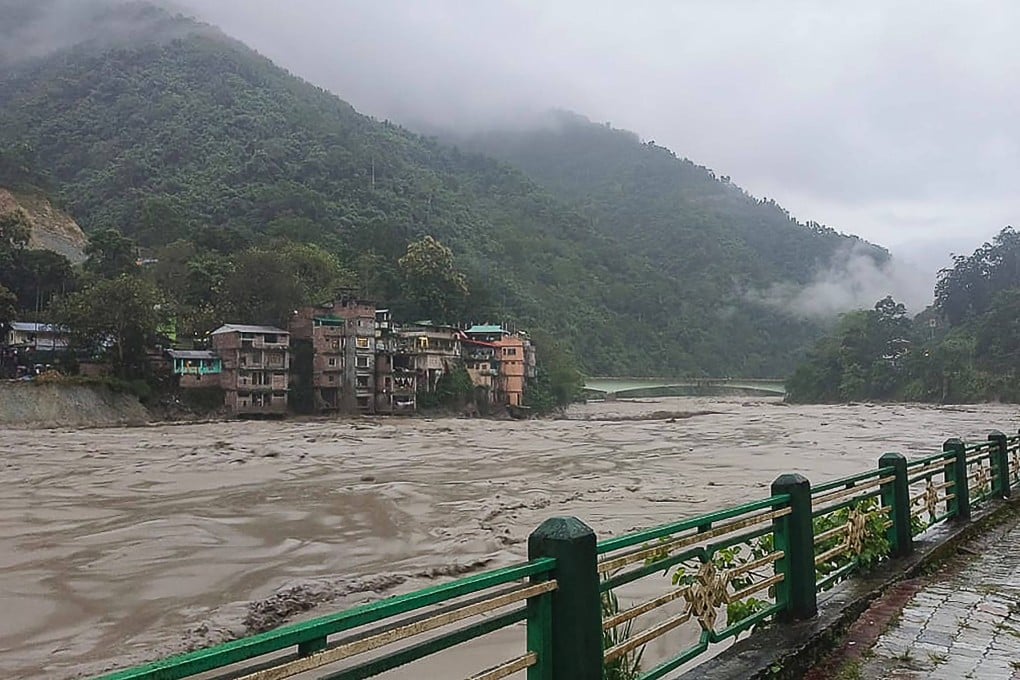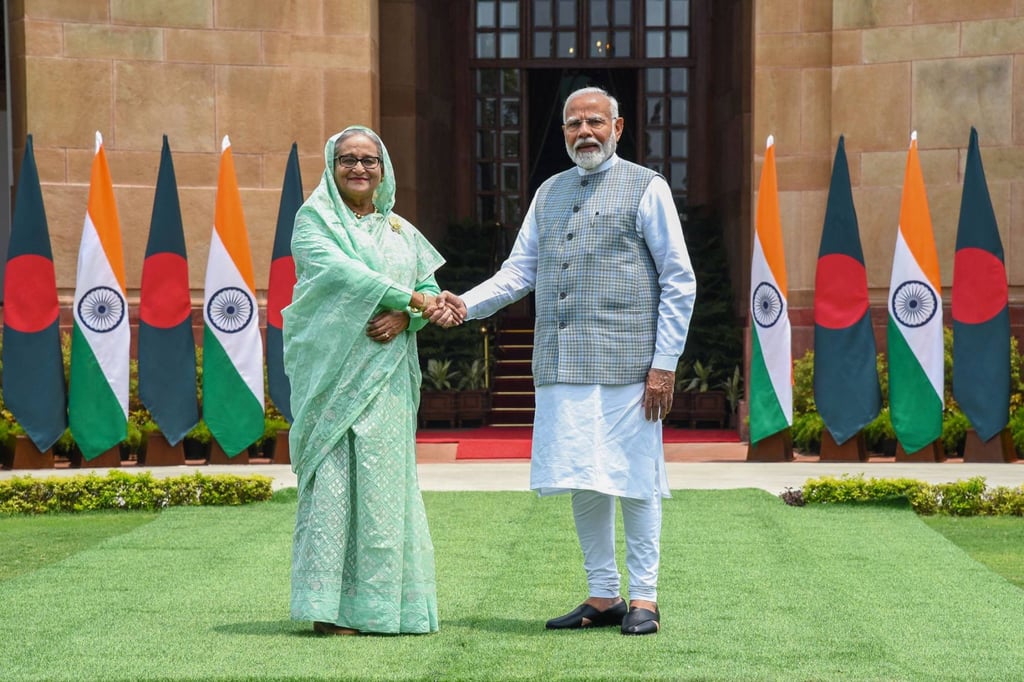River dance: why India, Bangladesh should cooperate on water projects like Teesta
- Choice of India, seen as ‘domestic triumph’ for Bangladesh’s Hasina, can also help resolve long-standing water issues, analysts say

The Teesta River, opening out to the strategically significant Bay of Bengal, has for long been an important water source for irrigation and hydropower generation in both India and Bangladesh, playing a vital role in the economy and ecology of the region.
The project to develop the 414km Teesta river basin figured prominently during Hasina’s visit to Delhi in June. The agreement is significant because it can potentially open the way for numerous other rivers that flow from the Himalayas into the Bay of Bengal, observers say.

“Bangladesh’s preference for India over China for the Teesta project is a strategic choice as this is a bilateral issue over a river that these two countries share,” Sohini Bose, associate fellow at the Observer Research Foundation, told This Week in Asia.
